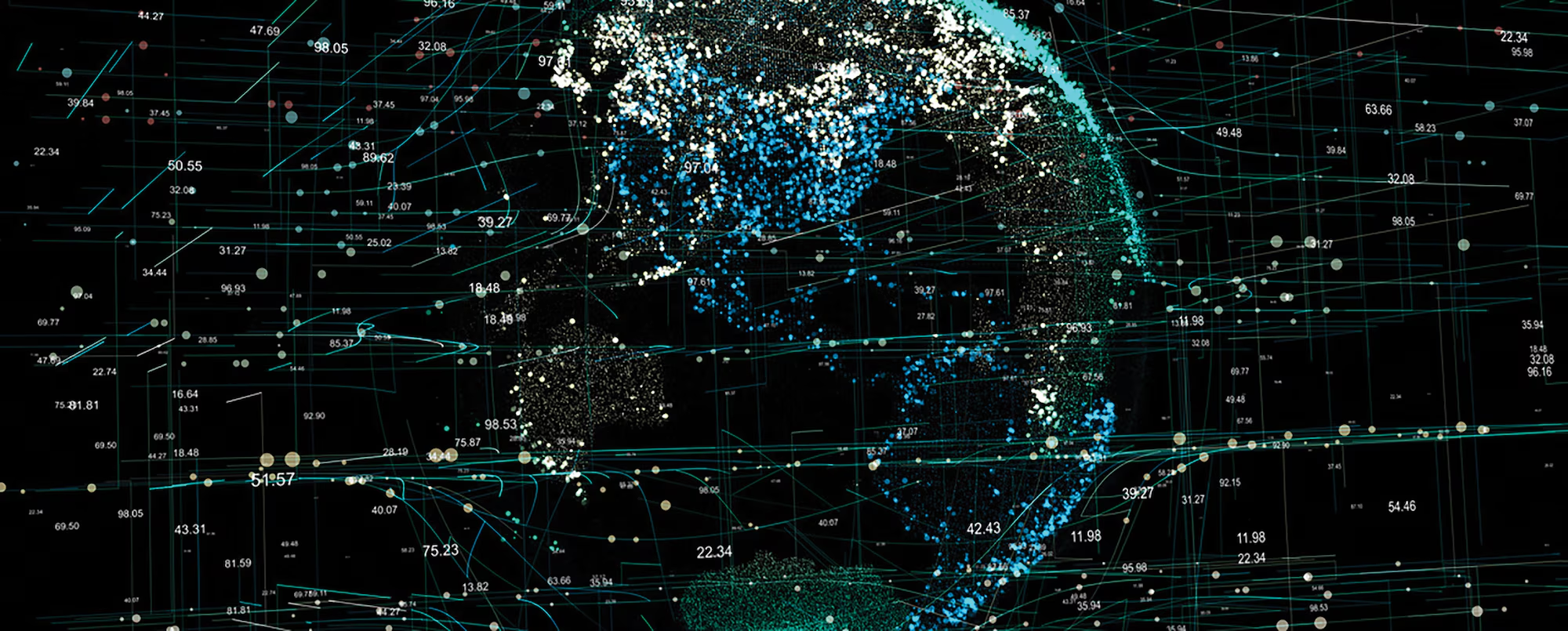Introduction
In a world where digital platforms dominate information, influence has become the most valuable currency of power. Politicians, celebrities, and tech moguls no longer operate in separate spheres—they coexist in a complex ecosystem of media, algorithms, and diplomacy. The result is a new form of leadership that merges charisma, technology, and ideology into a seamless global narrative.
As digital transformation accelerates, the interplay between fame, governance, and innovation is reshaping societies. Nations now compete not only in economics or defense but in influence—how effectively they can project their values and ideas across a connected planet.
Digital Empires and Political Identity
The digital age has transformed political identity into a brand. Social media serves as a global stage where leaders market policies the way corporations market products. Campaigns are no longer confined to speeches or manifestos—they are shaped by hashtags, viral moments, and data analytics.
This evolution has democratized access to influence but also diluted authenticity. Leaders must now balance governance with performance, navigating an audience-driven world that rewards attention more than action. Politics, in many ways, has become a high-stakes content strategy powered by technology.
Celebrities as Architects of Global Opinion
Celebrities have evolved from entertainers into architects of opinion. With millions of followers and the ability to mobilize mass sentiment within hours, their voices carry weight in policy debates, humanitarian crises, and tech ethics. Their advocacy can pressure governments, alter brand behavior, and redefine moral priorities.
However, the rise of celebrity activism raises difficult questions. When influence replaces expertise, critical policy discussions risk becoming emotional spectacles. Yet the undeniable truth remains: in an age of constant connectivity, fame can be as powerful as diplomacy.
Technology and the New Age of Governance
Technology has become the infrastructure of modern politics. Governments rely on artificial intelligence for surveillance, data for decision-making, and digital campaigns for persuasion. The result is an increasingly automated political process where human judgment competes with algorithmic efficiency.
But automation introduces risk. When data replaces dialogue, governance becomes impersonal. As AI tools decide what news people see or how resources are distributed, citizens face the challenge of distinguishing genuine leadership from engineered narratives. The future of democracy will depend on balancing digital efficiency with human empathy.
The Globalization of Influence
Digital connectivity has erased boundaries between nations, creating a global marketplace for ideas. A political controversy in one country can spark movements across continents, while a viral video can trigger diplomatic tensions. The new world order is one where cultural and political influence transcends geography.
Tech corporations play a decisive role in this system. Their platforms dictate the flow of information, shape public opinion, and sometimes override national regulations. The balance of power has shifted from parliaments to platforms, and from traditional diplomacy to digital mediation.
Ethics in the Era of Viral Power
The ability to influence millions in seconds comes with immense ethical responsibility. Misinformation, digital manipulation, and polarization are the unintended consequences of global connectivity. Leaders and celebrities alike must now navigate a world where every statement can ignite global reaction.
The call for ethical digital conduct is growing louder. Transparency, accountability, and digital literacy are becoming as vital as innovation itself. Without moral clarity, the digital revolution risks creating chaos instead of progress.
FAQs
How are celebrities influencing political decisions globally?
By leveraging their platforms for advocacy, celebrities can pressure institutions, mobilize support, and shape legislative debates on issues from climate to human rights.
Why is technology central to modern governance?
Digital systems enhance communication, data analysis, and citizen engagement—but they also create dependency and potential for abuse if left unchecked.
Can digital influence replace traditional diplomacy?
Not entirely, but it complements it. Online engagement now shapes international perception and public pressure in ways embassies never could.
What are the dangers of the new digital world order?
Concentration of power in tech corporations, erosion of privacy, and the weaponization of information are major risks of global digital interdependence.
How can society protect ethical digital leadership?
By establishing transparent digital governance frameworks and promoting education that strengthens media literacy and accountability.
Conclusion
The fusion of politics, celebrity culture, and technology has redefined the architecture of power. Influence has become global, borderless, and deeply digital—reshaping how societies are led, informed, and inspired. The new leaders are not confined to parliaments or studios—they exist in data streams and digital dialogues.
The challenge for the future lies in using this interconnected power responsibly. A truly progressive digital world will emerge only when innovation and ethics move hand in hand, ensuring that global influence serves humanity’s collective progress rather than its division.

Leave a Reply